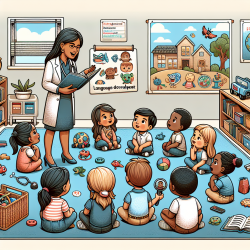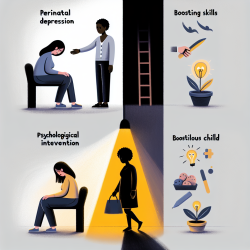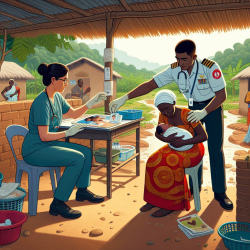The research article "Current Status of Health and Social Services for Children with Autism in Iran: Parents’ Perspectives" offers invaluable insights into the barriers and needs faced by families of children with autism in Iran. This study, which used semi-structured interviews with parents, highlighted several critical areas where improvements are necessary. For practitioners, these findings provide a roadmap for enhancing their services and making data-driven decisions to better support children with autism and their families.
Key Findings and Implications for Practitioners
Here are some of the significant findings from the study and how practitioners can implement these insights to improve their services:
- Early Detection and Diagnosis: The study emphasizes the importance of early detection and diagnosis. Practitioners should be trained to recognize early signs of autism and use standardized diagnostic protocols. Early intervention can significantly improve outcomes and reduce long-term costs.
- Training and Education: There is a need for specialized training for practitioners to diagnose and treat autism effectively. Incorporating evidence-based practices into training programs can enhance the skills of professionals and improve service delivery.
- Family Support: The study highlights the lack of adequate support for families. Practitioners should provide comprehensive information and counseling to help families understand autism and navigate the available services. Support groups and family counseling can also play a crucial role.
- Accessibility and Cost: Accessibility and the high cost of services are significant barriers. Practitioners can advocate for policy changes to include insurance coverage for autism services and explore cost-effective service delivery models, such as teletherapy.
- Comprehensive Programs: The need for comprehensive programs that involve multiple sectors, including health and education, is evident. Practitioners should collaborate with other professionals and organizations to create holistic care plans for children with autism.
Encouraging Further Research
While the study provides critical insights, it also underscores the need for further research. Practitioners are encouraged to engage in research activities to continue improving autism services. Areas for further research include:
- Developing and validating new diagnostic tools and intervention strategies.
- Exploring the long-term outcomes of different intervention models.
- Investigating the impact of family support programs on the well-being of both children with autism and their families.
By staying informed and involved in research, practitioners can contribute to the ongoing improvement of autism services and ensure that their practices are grounded in the latest evidence.
Conclusion
The study "Current Status of Health and Social Services for Children with Autism in Iran: Parents’ Perspectives" offers valuable insights that can guide practitioners in enhancing their services. By focusing on early detection, specialized training, family support, accessibility, and comprehensive programs, practitioners can create better outcomes for children with autism and their families. Engaging in further research will also help in continually improving the quality of services provided.
To read the original research paper, please follow this link: Current Status of Health and Social Services for Children with Autism in Iran: Parents’ Perspectives










